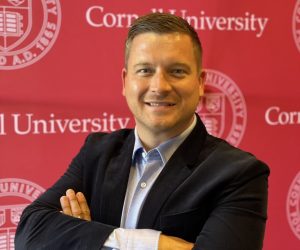Manchester earmarks airport divi for green fund

MANCHESTER City Council wants to spend a £14.5m extra dividend from Manchester Airport on cleaning up the city and improving the environment.
It received the extra cash following Manchester Airports Group’s (MAG) deal to buy Stansted Airport in Essex earlier this year.
MAG, which had previously been owned by Manchester and the nine other councils of Greater Manchester, sold a 35.5% stake to Australia-based investor Industry Funds Management for £890m to help fund the deal.
Now the council wants to set up a “Clean and Green Places” reserve, which would be used over the next three years on improving the environment. But it said the money must not be spent in a way that creates ongoing costs and, “it is not about plugging current gaps in service provision”.
A council report suggests it is used to improve street cleanliness; to improve recycling and the city’s public spaces; to support “more robust environmental enforcement”; to improve the physical environment and “make more neighbourhoods desirable for working families”.
Councillor Bernard Priest, executive member for Neighbourhood Services, said: “Residents tell us that having a clean and green city is a real priority which is why we are earmarking this money to support that goal. Having a city we can all be proud of makes a huge difference in terms of residents’ perceptions and helping us to achieve our ambitions as a world city, attracting visitors, jobs and investment.
“We recognise that Manchester, in common with other major cities, is not as clean and green as it could – and indeed should – be. This is something which we are determined to improve and this new funding will make a significant contribution. With the council already having experienced severe cuts to its government funding and more to come, we must use this one-off dividend wisely so it has a lasting impact. This can’t involve committing ourselves to ongoing costs, but it will be about enabling our staff who are tasked with maintaining a clean and green city to be more effective.
“We will be looking at investments on a project-by-project basis but, as an example, this could involve investment in new facilities such as more and better litter bins, new equipment and initiatives to challenge the behaviour of those who cause environmental problems in the city. As always, we will also be listening to the views of communities and are keen to hear their ideas to see how we can work together.”








